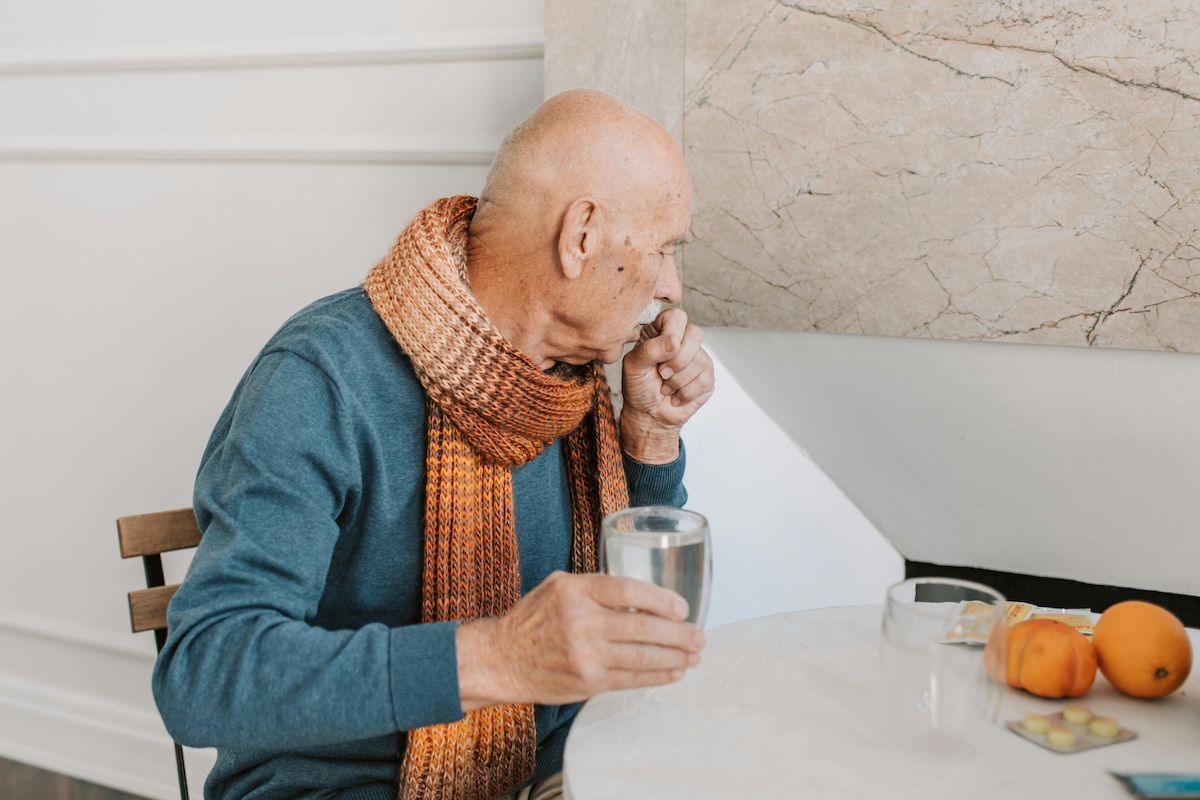Rejoining civilian life after serving in the military for any length of time can be both daunting and challenging for veterans. The help of family and friends is vital for their success in transitioning back to normalcy.
Even with help, returning home can be a long uphill battle for these heroes. They’re faced with everything from post-traumatic stress disorder to general anxieties about a new daily routine lacking the same structure that they have grown so used to. These concerns are valid. But by accessing the right tools, we can help our veteran loved ones who are coming home to have an easier time settling down.
Here are a few veterans benefits you may not know about and can plan for accordingly:
Healthcare Help for Veterans
There are different types of healthcare benefits that veterans can take advantage of:
TRICARE: Those enrolled in TRICARE receive benefits such as dental coverage, special programs for specific needs, pharmacy programs and 11 health plan options.
Veterans Health Care Program: The Department of Veterans Affairs is required by law to provide necessary hospital and outpatient care services for eligible veterans. This link includes a detailed explanation of what this may include and, more specifically, how each is accessed.
The Civilian Health and Medical Program of the Department of Veteran Affairs (CHAMPVA): This veteran assistance program shares the cost of healthcare and supplies with their beneficiaries. If a veteran is not enrolled in VA healthcare, they can explore the benefits for which they are eligible on the VA Health Benefits Explorer.
Additionally, for female Veterans, it is important to note that there are Women’s Veterans Program Managers stationed at VA Medical Centers nationwide to both advocate and coordinate services on their behalf.
Financial Help in Many Forms
Financial problems are another area in which veterans should not have to struggle with upon returning home. There are a few ways to access veterans assistance programs in this regard:
Receiving a financial grant from the Veterans of Foreign Wars is one way to ease some of life’s burdens. If a veteran is looking to purchase or refinance a home, they may be eligible for a VA Home Loan. Through the VA, eligible veterans and spouses can also sign up for a home loan guaranty benefit and other housing programs.
Even the most organized and careful people become financially disorganized at times. For veterans who fall behind on home payments, VA Regional Loan Centers offer financial counseling to help avoid foreclosure. If a veteran is experiencing or on the brink of homelessness and is eligible for VA healthcare services, consider reading more about Housing Assistance For Veterans.
Beyond the VA and home loans, there are many programs that service members can access for financial benefits including Army Emergency Relief, The Armed Forces Foundation, and Rebuild Hope – all of which offer direct financial assistance and/or no-interest loans.
Signs Your Veteran is in Need
Aside from the pressures of securing healthcare, income and a home, the everyday pressures of simply returning to the real world can take a toll on the mental health of a veteran who is having a hard time re-adjusting their lifestyle. There are many warning signs for which these brave men and women should not be afraid to seek counseling, including:
- Hopelessness
- Anxiety
- Rage
- Excessive alcohol consumption
- Isolation from family and friends
There are a number of ways a person can offer support to a loved one in these trying times. In any case, the best way to start is simply by sitting down with them, listening to their feelings, and expressing the desire to help them through it.


